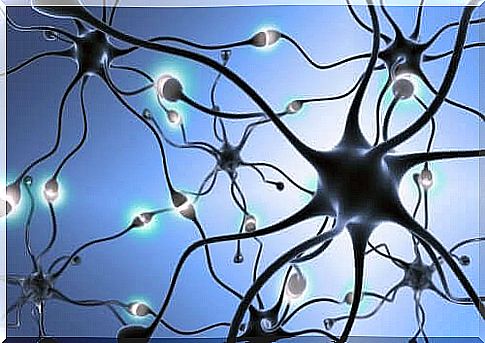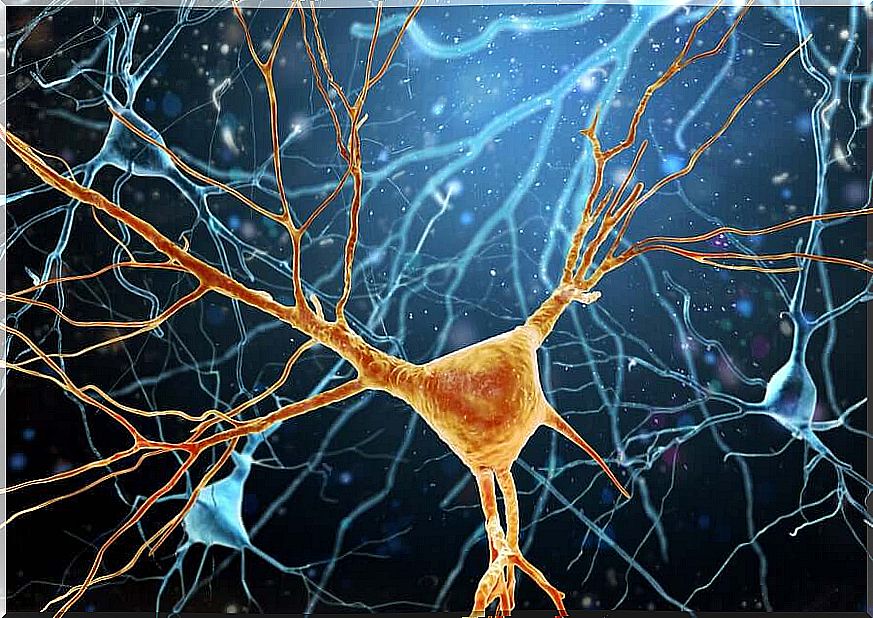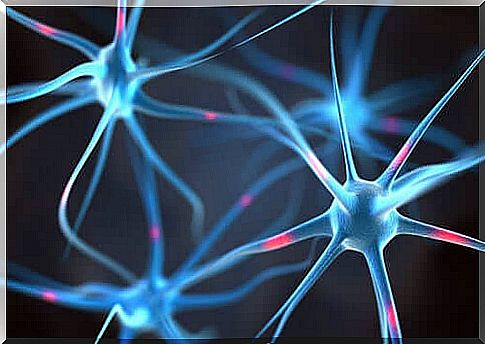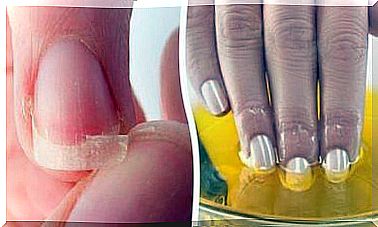Neurogenesis: How Are New Neurons Formed?
Neurogenesis is not a static but dynamic process: different factors modulate and regulate this process according to the needs of the brain.

The discovery that neurogenesis, that is, the generation of new neurons in the adult brain, continues to be active has altered the concept of brain plasticity and has revealed new mechanisms that ensure the homeostasis of the brain. the nervous system.
Cerebral or neuronal plasticity refers to the brain’s ability to change its structure and function during the process of maturation and learning or in the face of neuronal damage linked to the presence of a disease.
This concept then shows that the brain is a malleable organ which responds to different factors ; these factors can both positively and negatively influence the formation of new neurons. These, in turn, can have a positive effect on the brain.
The formation of new neurons in the brain is a fact that was brought to light in 1966. Later in time, this fact was confirmed. We now know that neurogenesis takes place in two regions of the brain of an adult person: the olfactory bulb and the hippocampus.
These two regions of the brain have important characteristics that allow the execution of the process of new neuron formation, namely neurogenesis.
How does neurogenesis work?

As we already know, neurogenesis is a process that produces new neurons, and this process takes place in the hippocampus and olfactory bulb of adult mammals. This then indicates that neuronal stem cells persist throughout life.
This very complex process takes place in different stages :
- proliferation of pluripotent cells, which are stem cells that are found in all multicellular organisms and that have the ability to divide and differentiate into different types of specialized cells, in addition to self-renovating and producing more stem cells
- migration
- differentiation
- survival of new neurons
- integration of these neurons into existing neural circuits
The changes that cells involved in neurogenesis undergo in their structure have allowed researchers to identify different characteristics depending on the protein markers that are temporarily expressed during this process.
The formation of new neurons is finely controlled in order to avoid alteration of neural circuits. The niche is one of the factors involved in the regulation of neurogenesis. It consists of the following components:
- pluripotent cells
- astrocytes
- endothelial cells
These three components work in a synchronized fashion in order to:
- maintain the pluripotent cell population
- maintain the population of astrocytes and that of endothelial cells
Astrocytes control the proliferation of pluripotent cells and cells that rapidly amplify as well as the migration of these cells through the action of various factors secreted by astrocytes
Factors that modulate neurogenesis
Neurogenesis is not a static process but a dynamic process. Different factors modulate and regulate this process according to the needs of the brain.
Among the factors involved in the modulation and regulation of neurogenesis are niche (as explained previously), internal factors, and external factors.
Internal factors
Internal factors control the proliferation of pluripotent cells and derived cells. These factors include:
- receptors expressed by stem and progenitor cells to different cells such as proteins that control cell-cell communication
- signaling systems such as Sonic-hedgehog and WNT
- certain adhesion molecules such as the neural cell adhesion molecule (NCAM)
- the signaling exerted between astrocytes and neuroblasts by the neurotransmitter GABA which amplifies the production and migration of progenitor cells from where the pluripotent cells are located.
However, internal factors not only regulate cell proliferation; they also regulate the decision of progenitor cells to form new neurons.
External factors

The different stages of the birth process of a neuron (production, migration, differentiation, maturation and survival) are also modulated by extrinsic factors including:
- hormones
- growth factors
- brain damage
It was recently discovered that glutamate exerts a dual effect during some of the stages of this formation. GABA, serotonin and dopamine also exert an influence.
In addition to these neurotransmitters, other factors affect neurogenesis such as:
- drug abuse
- certain hormones such as corticosteroids
- the pregnancy
- the alcohol
- bad experiences in the early stages of life
In short …
Neurogenesis in the adult brain is an interesting process for developing neural replacement therapies for neurodegenerative disease. Ditto for the treatment of diseases characterized by selective neuronal loss such as neurological and psychiatric disorders.
It is essential to continue to do research on the subject in order to learn how to manipulate pluripotent cells and thus make the most of these cells.









